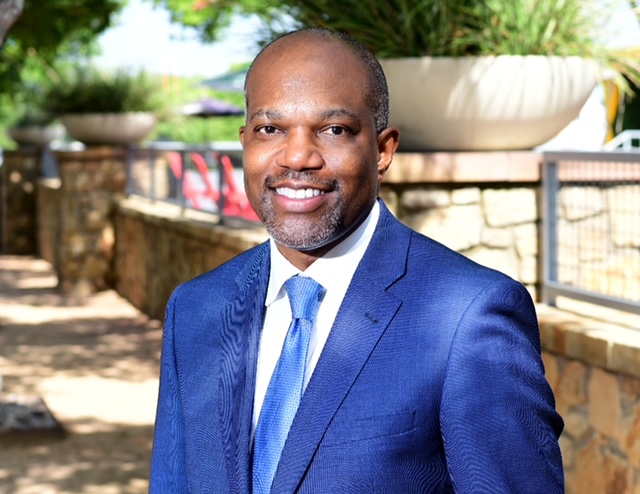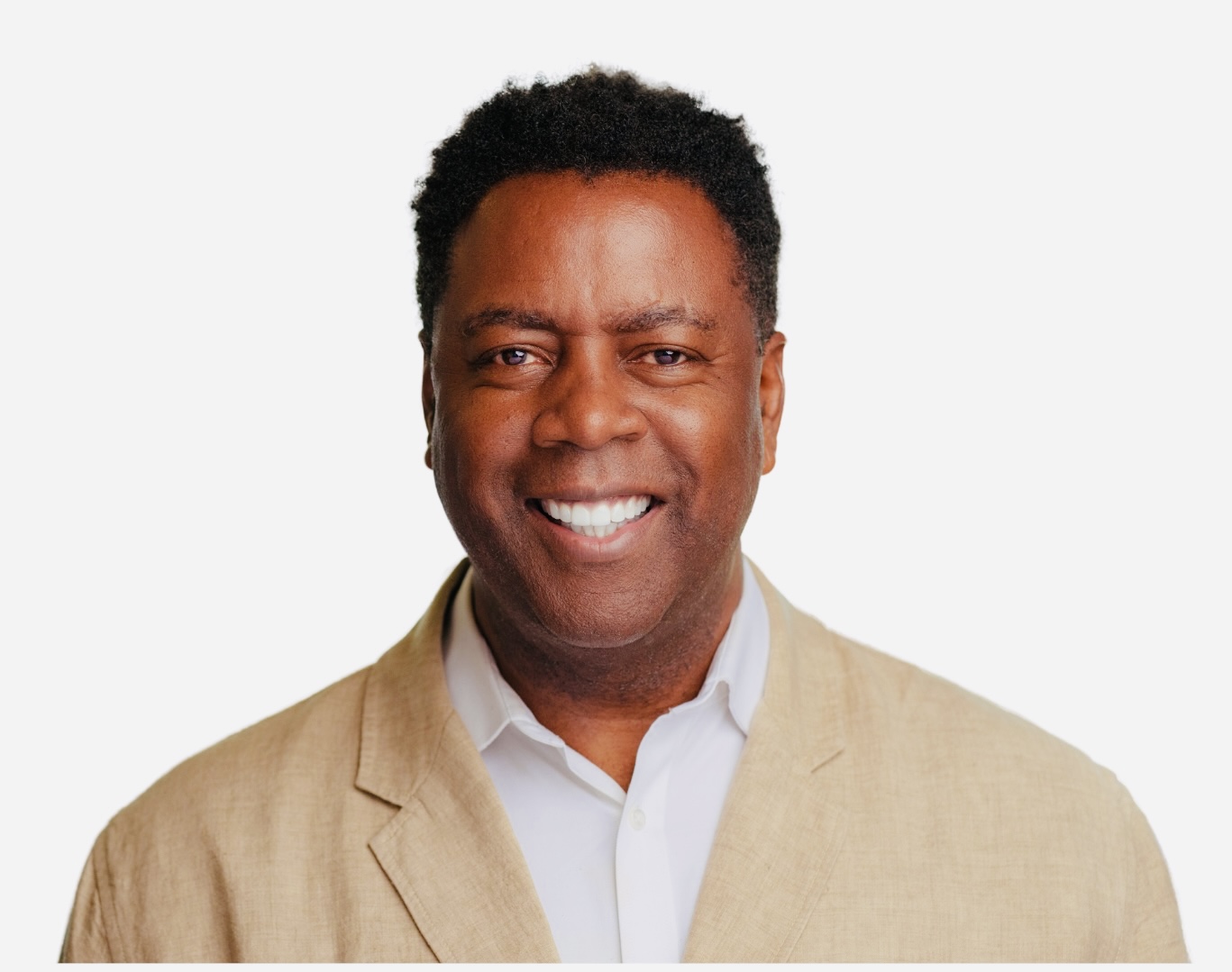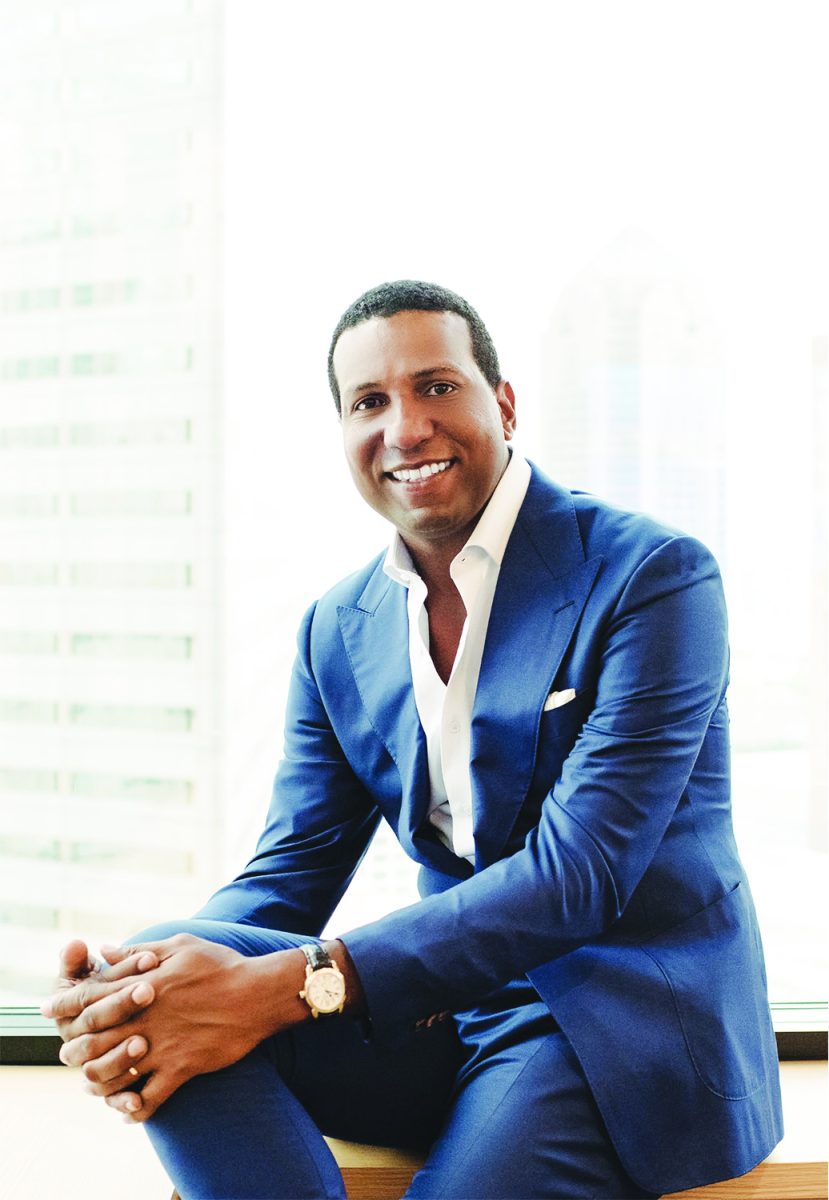Herman Bulls is the International Director and Vice Chairman at JLL Dallas, the commercial real estate company. Bulls has worked at JLL for over 30 years working to create real estate solutions at multiple levels, Bulls graduated from United States Military Academy at West Point and earned his MBA in finance from Harvard Business School. He served in the US Army and is retired Colonel. In addition to his multiple business experience, he serves on the Real Estate Advisory Committee and Board of Governors for the American Red Cross.
Lawrence:
How has your leadership played a role in ensuring the successful implementation of diversity, equity, and inclusion?
Herman Bulls:
I’m going to answer this question from a business perspective. When you look at a business, you have to decide what products you will make and who will make those products. Who’s going to sell those products, and who’s going to buy those products? In that instance, if you do not have a diverse workforce, not only at the worker level, middle management level, executive level, and board level, you might miss out on an opportunity for the future. Diversity is a trademark of our great nation, even though it hasn’t been practiced as we would have liked it in the past. We want every feeling to be authentic and for everyone willing to contribute to the success of a family or their community, our nation, and, therefore, the world.
Lawrence: At Saint Mark’s, we are taught to lead with not only our head but with our head, our heart, and our hands. How has this concept helped you in different stages of your career?
Herman Bulls: Character is essential for leadership because leadership is the ability to influence a group to accomplish common goals. If you have leadership, you also have followership. Most successful people can be fluid and go from leadership to followership. That is important because if you are going to be respected, you generally have a strong character. Leaders must be aware of how they brand themselves to other individuals, and part of that is their character. Can they be trusted? Will they do the right thing? So it’s a very, very important part of leadership characteristics.
Lawrence: What does servant leadership mean to you, and do you have any specific testimonials of leadership situations you were in that resulted in change and affected those around you?
Herman Bulls:
Servant leadership is the ability to give back without expecting a return. People often have the opportunity to serve on nonprofit boards. I serve two now: The American Red Cross as a governor and the alumni association of the West Point Association of Graduates. Those are opportunities where you have to give back to make it better for those who follow you. And generally, you will find that your most successful leaders understand and practice servant leadership.
Lawrence:
A good leader is made up of many virtues. Some words that our school handbook uses are engaged, own, discern, do what is ethical, work harder, plan, collaborate, delegate, endure, and protect. How would you define, using some of these words, virtues of a leader to real-life examples that resulted in success?
Herman Bulls:
A leader needs to have his vision. Vision is not necessarily thinking the way things are now but thinking how things could be. To implement that vision, one must have all of those other characteristics you talked about, everything from planning to motivating others to have character so they will respect you as a leader. I started a new division of my company, and I had a vision. I have the ability to work hard to put a business plan together. I have some other people excited about it, and from there, we’re able to build a business that makes hundreds of millions of dollars there from an idea I had almost 30 years ago.
Lawrence:
How do you lead through ethical decisions? And do you have any examples where you had to make tough decisions based on ethical motivation?
Herman Bulls:
First of all, ethics is critical because it reflects the core of your character. An organization’s ethics impact the culture of the company. In some communities, people take cable, split it from their neighbors, and do it. That’s unethical. In that community, someone might see it as getting something for one’s family because they don’t make enough money to support their family, but I can take this little slice and go over it. So that’s unethical. It’s important that leaders set a very ethical tone for what is acceptable and what is outside of the bounds.
Ethics becomes part of the culture, which becomes part of the norms of the organization. Your customers want ethical behaviors. The communities in which you operate want ethical behavior. For example, say you’re building widgets, and you happen to produce chemical runoff, and you get that chemical runoff and put it into the lake. You’re not being ethical with your community. And then, last but not least, your shareholders, people who own the company, and generally speaking, if there is unethical behavior at some point, the shareholders will pay for it. You ask people to understand that that organization does not represent a long-term; there’s a term called sustainability. To have sustainable success, you have to have an ethical organizational culture.
Lawrence:
The definition of a Marksmen, as defined by our school, is a current student or alumnus who embodies in word and action the school’s mission as St. Mark’s. He advances toward mastery and the chief disciplines of the arts, sciences, and languages; as an athlete, he thrives in competition and demands that his body expresses the virtues of his spirit and the leader. He understands his identity, success, and happiness as inseparable from that of the communities he is a part of, and he strives to move his communities forward in their missions. Based on this working definition, how did some or all of these experiences, as described, help you to lead your organization to success and uplift those around you to fulfill their destiny if you need me to repeat any of that?
Herman Bulls:
This response reminds me of something at West Point we call the whole person. When we’re looking for cadets to matriculate, we look at them in the areas of leadership, academics, and athletics. When I’m in a business environment and looking for an individual to be a great salesman, you’ve got a great salesperson, and they’re very good at sales. However, if they do not have the ability to have collaborative relationships with others on the team, they will be unsuccessful. Imagine if a person makes the sale, they come back, and then people don’t want to execute it because that particular individual doesn’t motivate them. Others hate them. A person can have a star in one area, but if they lack many characteristics and are not collaborative and part of the team, it doesn’t contribute to teamwork, and you won’t be as successful.
Lawrence:
What do you believe are the essential elements of a good leader?
Herman Bulls:
A good leader has specific characteristics. The first is interpersonal skills and the ability to relate to others, which comes from continuous learning. When you go to the cocktail party, you should be able to talk to the wait staff and the CEO. The second key characteristic of a good leader is having strong communication skills: the ability to speak, the ability to write, and, more importantly, the ability to listen are critical for a good leader. The next characteristic is having strong analytical skills. It is important to have people coexist around an objective and ensure they have the resources and the motivation to do it. The next characteristic of a good leader is entrepreneurship or risk-taking, which is critical. We always go down the middle of the road, but your organization will need to be more active and innovative. Finally, the thing that brings all of that together is passion. Good leaders can relate and transfer that passion to those around them to accomplish those other things.
Lawrence: What does being a good man or a good woman mean, especially in terms of leadership style?
Herman Bulls:
The old adage of treating others the way you want to be treated is essential to being a good man. It makes you remember the things that motivated you and want to emulate those behaviors. You also remember those things that demotivated you and avoid those. So, I think just a basic concept is to treat others the way you want to be treated.
Lawrence: How do you use the essential elements of thriving and leading organizations and people?
Herman Bulls:
Thriving occurs when you are at peace with yourself. When you’re at peace with yourself, you have some concept of how you used your God-given talents. Even if I wanted to be in the NBA, I’m not going to thrive there because I don’t have the skills, you know, to do that. So, there is a concept of realism that comes in and should be something that allows you to go after your goals. However, your goals must be realistic and then from the thriving part of it. It’s about all those things you mentioned before: the sacrifice and the willingness to work hard. It’s not about falling. It’s about getting out and having that surveillance and the ability to be sustainable in the long term to accomplish your goals.
Lawrence:
What has been the most impactful to your organization as a servant leader? And how has this affected your leadership style and those around you?
Herman Bulls:
Servant Leadership comes from something else that I call connecting with people. Many young people like to do what they call networking, and networking by itself is very transactional. It happens in the transaction when you connect with people. You’re willing to do something for or with them without regard to what you receive in return. When you can consistently do that, you can authentically do that. You will find that you will make lasting relationships that have more of a foundation, and as a result, you can either be the leader or part of the team, and you can have the organization accomplish its goals.














